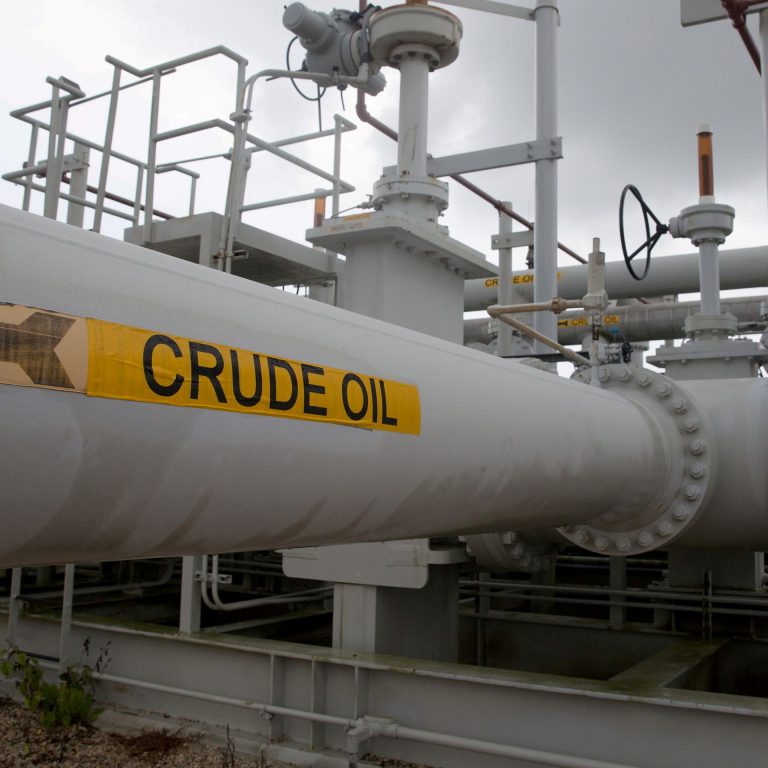
The tension between Russia and Ukraine is escalating rapidly as talks to restore peace have repeatedly failed since the conflict started to build up months ago. Russian president Vladimir Putin is not backing down on his plan to invade Ukraine, a move he is risking heavy Western sanctions and probably military action on.
Russian troops have been stationed on the Ukraine border for months, amplifying concern that the conflict will turn to a full scale war very soon. The situation has prompted the U.S. to make recommendations and preparation for evacuation of its citizens in Ukraine.
On Sunday, the State Department recommended that all U.S. citizens in Ukraine depart the country immediately, citing Russia’s extraordinary military buildup on the border.
Tekedia Mini-MBA edition 14 (June 3 – Sept 2, 2024) begins registrations; get massive discounts with early registration here.
Tekedia AI in Business Masterclass opens registrations here.
Join Tekedia Capital Syndicate and invest in Africa’s finest startups here.
“Our recommendation to U.S. citizens currently in Ukraine is that they should consider departing now using commercial or privately available transportation options,” a senior State Department official said Sunday evening on a call with reporters.
Russia annexed Crimea, a peninsula on the Black Sea, in 2014, triggering an array of sanctions against Moscow, as the move was internationally condemned. As a result, Russia was removed from the Group of 8, or G-8, referring to the eight major global economies.
Though a coalition of Western powers is promising heavy consequences if Russia attacks, Moscow has been adamant to deescalate the heightening tension and the West is convinced that Russia can attack at any time.
The European Union is ready to impose “never-seen-before” economic sanctions on Russia if it attacks Ukraine, Denmark said on Monday, and EU foreign ministers said they would send a unified warning to Moscow.
“Russia should know, (President Vladimir) Putin should know that the price of using provocations and military forces to change borders in Europe will be very, very high… We are ready to undertake the most severe sanctions, also more severe than in 2014,” Danish Foreign Minister Jeppe Kofod told reporters.
On Monday, Pentagon spokesman John Kirby said that at the order of President Joe Biden, about 8,500 U.S. troops have been put on heightened alert for a possible deployment to Eastern Europe. The troops are on standby to support the around 40,000 multinational troops that make up the NATO response force if activated.
“The United States has taken steps to heighten the readiness of its forces at home and abroad, so they are prepared to respond to a range of contingencies, including support to the NATO response force if activated,” Kirby said.
Russia has about 100,000 troops in its border with Ukraine but has played down the possibility of attacking Ukraine. Moscow said the U.S. and NATO are escalating the tension. Kremlin spokesman Dmitry Peskov said “the informational hysteria that we are witnessing” is “generously framed by a huge amount of false information.”
Despite Peskov’s claim, the U.S. and the U.K are reducing their Kyiv, Ukraine embassy staff, starting with non-essential staff and family members, which points to the expectation of a possible single outcome – attack by Russia. The Ukrainian government said that Moscow would soon have enough forces for a full-scale invasion.
What it means for the oil market
Oil prices reached a seven-year high last week amid tightened supply and growing demand buoyed by the global economy reopening. Brent Crude hit $87.27 a barrel while White Texas Intermediate (WTI) rose above $83 in a market gain attributed partly to the tension in the Russia-Ukraine border.
Analysts believe the geopolitical tension poses risk of supply disruption that keeps oil demand solid and prices high.
“The market tone stays strong, supported by heightening geopolitical risk. We see profit-taking when the prices move higher, but buying appetite for oil remains solid as investors are worried about supply disruptions in the event of a Russia-Ukraine conflict,” said Chiyoki-Chen, chief analyst at Sunward Trading.
Besides the effect of a possible Russia-Ukraine conflict, the Organization of Petroleum Exporting Countries and its allies known as OPEC+, is still struggling to meet up with its 400,000 barrels per day supply output target.
“Downside risk on the oil market will be limited as any escalations of the situation in Ukraine or the Middle East will cause the prices to skyrocket. Also, supply tightness is expected to continue as OPEC+ is struggling to reach its output target and will likely keep its policy of gradual increase of supply,” Satoru Yoshida, a commodity analyst with Rakuten Securities said.



